A brief description about this Activity.
Many clinicians treat eating-disordered clients with varying degrees of success. It is a difficult, persistent problem that is particularly challenging because of it chronicity and high relapse rate. In-patient settings barter discharge for “goal weight”, yet patients often return, with no greater insight into the behavior. This full-day workshop, for both beginner and advanced practitioners offers a paradigm shift, re-framing eating disorders as clients’ attempts to enact, re-story, and resolve traumatic experiences that they can’t verbally articulate. Using case studies, clients’ journal entries and artwork, we will process the “meta-communication” of eating disorders within the context of “trauma re-enactment syndrome”. We will identify the specific ways in which anorexia, bulimia, bingeing, and other eating disordered behaviors serve as a re-enactment, perpetuation of, and response to prior traumatization including physical, sexual, emotional abuse, and neglect. We will de-pathologize the behaviors and view them as metaphors. We will process common psychosocial triggers and cultural influences, as well as the diagnostic red flags and potential medical complications. We will then explore specific treatment strategies designed to take the focus off of traditional interventions (dieting, calorie counting, food journals, weigh-ins) and focus, instead, on offering clients alternative, safe ways to articulate and re-story their trauma experiences. A variety of creative interventions will be discussed including incorporating psychoeducation, journaling, using art therapeutically, “parts work,” re-grounding for dissociation, and implementing CARESS, an alternative to a standard safety contract. These strategies will help clinicians address both symptoms and long-term healing in an outpatient setting. Methodology: Information will be disseminated through power-point slide presentation and lecture, case presentations and client writing samples and artwork, group discussion and question and answer periods.
Learn more about this Activity.
No Website has been provided for this Activity.
The Provider for this Activity.
